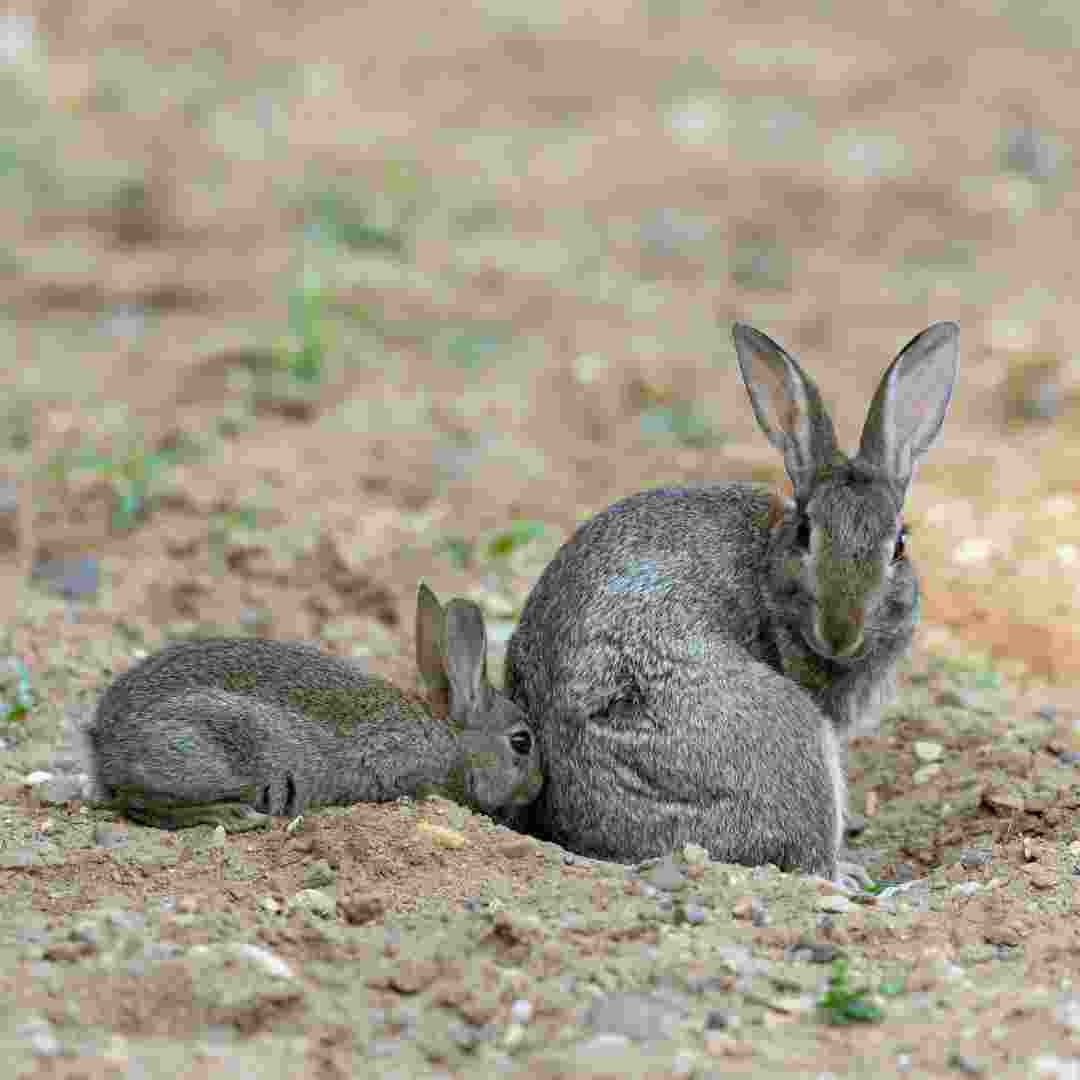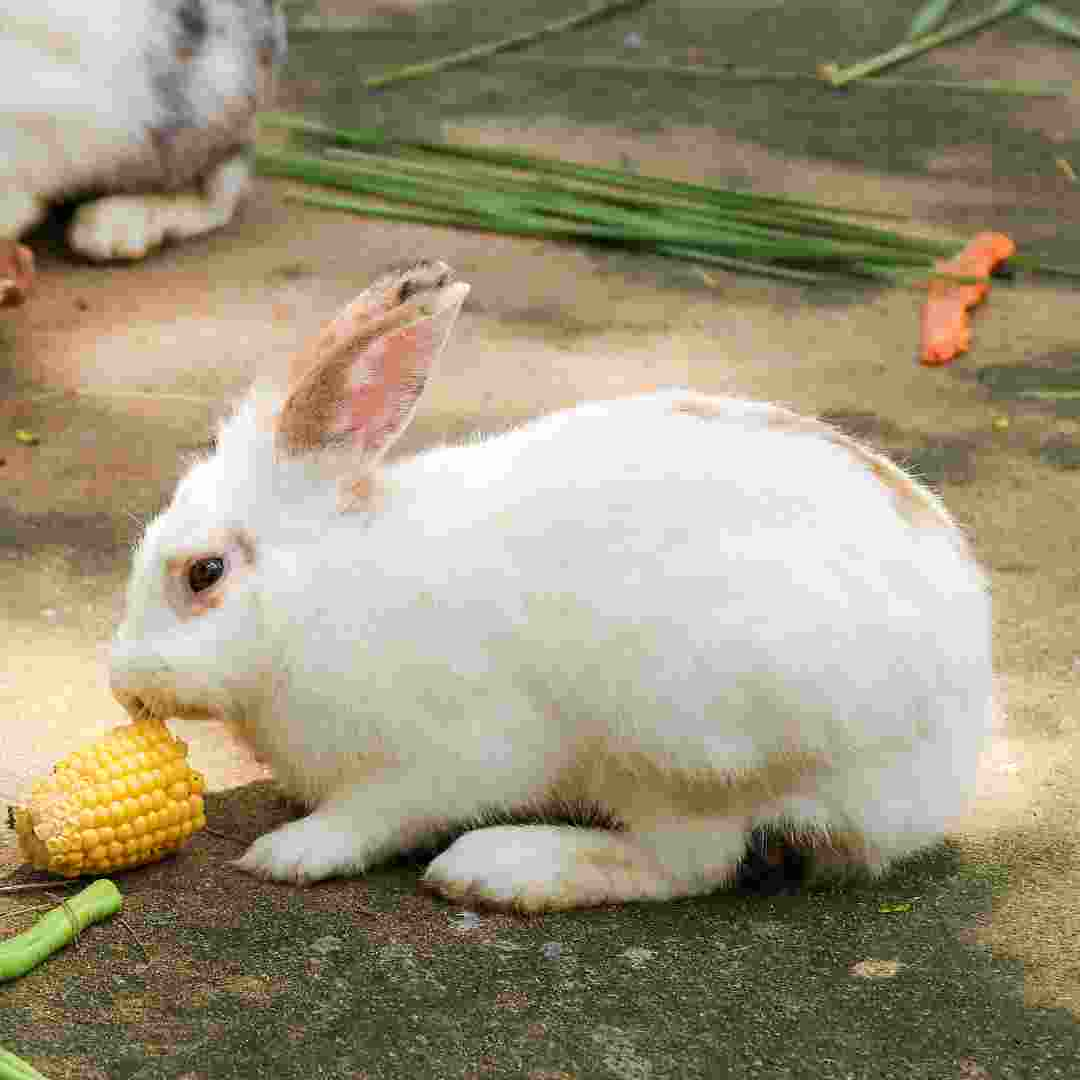Contents Table
Introduction
Rabbits for pregnant women: safe pets?
What are the risks of having a rabbit during pregnancy?
What to do for a pregnant rabbit?
Having a rabbit during pregnancy has what benefits?
What Are the Signs of Rabbit Pregnancy Illness?
Q&A
Conclusion
Introduction
Do rabbits harm pregnancy? Expecting mothers often ask this. Some people enjoy having rabbits as pets, but having one during pregnancy can pose concerns. This page discusses rabbit pregnancy hazards and how to keep your rabbit healthy and safe. We will also explain how rabbits can reduce stress and provide company during pregnancy. After reading this essay, you should understand the pros and cons of owning a rabbit during pregnant.
Rabbits for pregnant women: safe pets?
Rabbits are safe pets for pregnant women. When it comes to zoonotic infections, rabbits are generally low-risk. Pregnant ladies should still handle rabbits carefully.
First, pregnant women should wash their hands after handling a rabbit or its food, bedding, or toys. This reduces the possibility of bacteria or viruses from the rabbit or its supplies entering the host.
Second, pregnant women should avoid rabbit faeces. Rabbit faeces can infect people with bacteria and parasites. Thus, wearing gloves when cleaning the rabbit's cage and washing your hands after touching its faeces are crucial.
Finally, pregnant women should avoid wild rabbits. Wild rabbits contain diseases that can harm humans, so keep them away from your pet rabbit.
With careful care, rabbits can be safe pets for pregnant women. Pregnant women can enjoy a pet rabbit without endangering themselves or their unborn child by following the aforementioned rules.
What are the risks of having a rabbit during pregnancy?
Rabbits can pose concerns to pregnant people. Rabbits can spread salmonella, ringworm, and coccidiosis. Rabbits also carry Pasteurella multocida, which can cause deadly respiratory infections in humans.
Pregnant women handling rabbits risk physical damage and disease spread. Rabbits kick, bite, and scrape with their keen claws. Due to infection risk, these injuries are especially harmful for pregnant women.
Finally, handling rabbits can stress pregnant mothers. Stress can cause stomach disorders and impaired immune systems in rabbits. Aggression and biting can result from stress.
For these reasons, pregnant women should handle rabbits with caution. Wear gloves and long sleeves after handling a rabbit and wash your hands thoroughly. Stressed or weary pregnant ladies should not handle rabbits.
What to do for a pregnant rabbit?
Rabbits are special during pregnancy, thus they need the utmost care to deliver healthy and successfully. Tips for pregnant rabbit care:
1. Make it safe and comfortable. Give the rabbit a clean, large cage with lots of area to move. Lay out soft bedding and hay for nesting.
2. Eat well. A pregnant rabbit needs a high-fiber, protein diet to support baby growth. Provide fresh veggies, hay, and high-quality pellet food.
3. Check rabbit health. Look for indicators of illness or distress such decreased appetite, lethargy, or eye or nasal discharge. Consult your vet immediately if you see these indicators.
4. Give lots of exercise. Exercise helps pregnant rabbits stay healthy and active. Provide plenty of toys and activities to keep your rabbit active.
5. Don't stress. Keep the surroundings calm to protect pregnant rabbits from stress. Avoid loud noises, unexpected movements, and strangers.
Follow these tips to keep your rabbit safe and healthy during pregnancy. For questions or concerns, consult your vet.
Having a rabbit during pregnancy has what benefits?
Many women find pregnancy exciting, and having a bunny might be beneficial. Rabbits are soft and kind, making them good pregnant companions. The benefits of having a rabbit during pregnancy include:
1. tension Relief: Rabbits can relieve tension during pregnancy. Time with rabbits can relieve tension and increase relaxation due to their relaxing nature.
2. Exercise: Walking or playing with rabbits can keep pregnant women active. This reduces the chance of pregnancy issues like gestational diabetes.
3. Bonding: Spending time with a rabbit might help pregnant women bond with their pets. This can aid mothers and babies by providing emotional support during pregnancy.
4. Education: Rabbits can teach kids responsibility and animal care. This can teach kids about babies and prepare them for their arrival.
Having a rabbit during pregnancy has several perks. Rabbits can provide stress relief, exercise, and company during this important time.
What Are the Signs of Rabbit Pregnancy Illness?
Rabbit mothers sometimes struggle during pregnancy, so be aware of any signs of illness. Signs of an unhealthy rabbit pregnancy include:
1. Decreased appetite: Rabbits with unhealthy pregnancies often lose appetite. A problem may exist if your rabbit is eating less.
2. Abnormal behaviour: Your rabbit may be hiding or acting aggressively during an unhealthy pregnancy.
3. Weight loss: If your rabbit is losing weight during pregnancy, it could be a symptom of an unsafe pregnancy.
4. Discharge: If your rabbit is creating a discharge from her vaginal area, it could be an indication of an unsafe pregnancy.
5. Lethargy: If your rabbit sleeps more or is less active, it may be pregnant.
If you see any of these indicators in your rabbit, it is crucial to call your veterinarian as soon as possible. Your vet can identify and treat the issue.

Q&A
1. Is it safe to be around rabbits during pregnancy?
Yes, it is generally safe to be around rabbits during pregnancy. However, it is important to take precautions to avoid any potential risks. Make sure to wash your hands after handling the rabbit and its cage, and avoid contact with the rabbit’s droppings.
2. Can rabbits transmit any diseases to pregnant women?
Yes, rabbits can transmit certain diseases to pregnant women, such as toxoplasmosis. Toxoplasmosis is an infection caused by a parasite that can be found in the droppings of cats and other animals, including rabbits. It is important to take precautions to avoid contact with the rabbit’s droppings.
3. Are there any other risks associated with being around rabbits during pregnancy?
Yes, pregnant women should also be aware of the risk of contracting a bacterial infection, such as salmonella, from contact with the rabbit’s fur or saliva. It is important to wash your hands after handling the rabbit and its cage.
4. Is it safe to handle a rabbit during pregnancy?
Yes, it is generally safe to handle a rabbit during pregnancy. However, it is important to take precautions to avoid any potential risks. Make sure to wash your hands after handling the rabbit and its cage, and avoid contact with the rabbit’s droppings.
5. Are there any other precautions I should take when handling a rabbit during pregnancy?
Yes, pregnant women should also be aware of the risk of contracting a bacterial infection, such as salmonella, from contact with the rabbit’s fur or saliva. It is important to wash your hands after handling the rabbit and its cage. Additionally, pregnant women should avoid contact with the rabbit’s droppings.
Conclusion
In conclusion, rabbits are not bad for pregnancy. They can be a great source of companionship and comfort during pregnancy, and they can even help to reduce stress levels. However, it is important to take proper precautions when handling rabbits, such as washing hands after contact and avoiding contact with their droppings. Additionally, pregnant women should consult their doctor before bringing a rabbit into their home.
